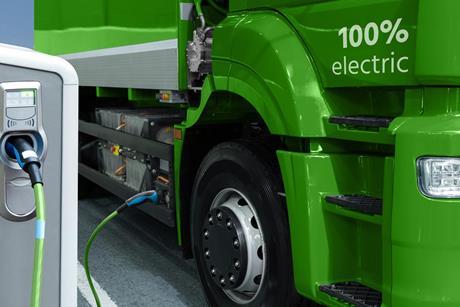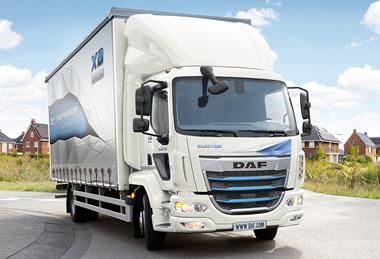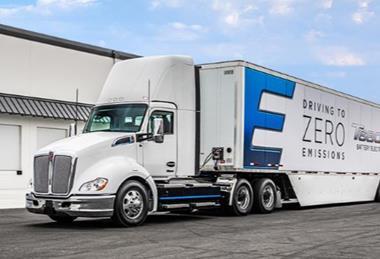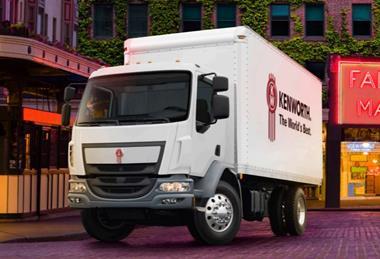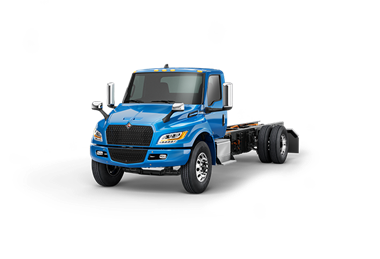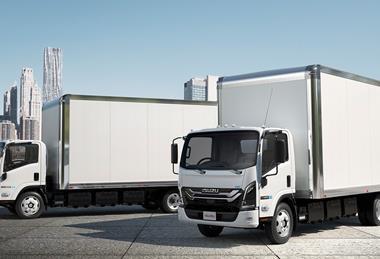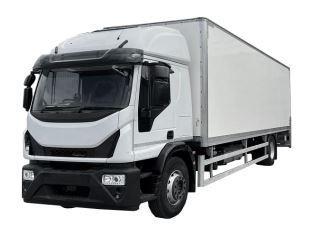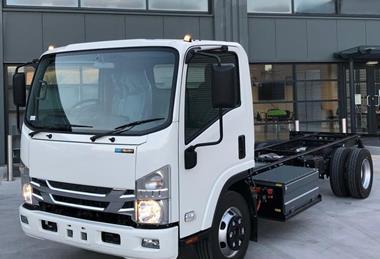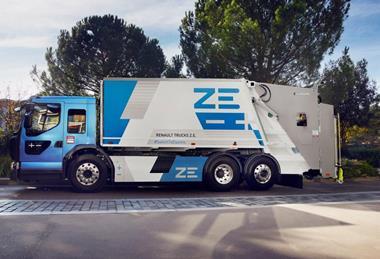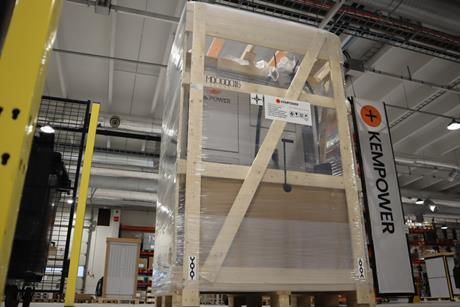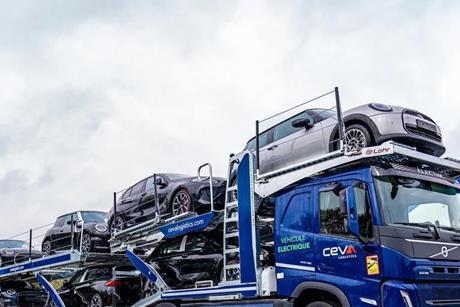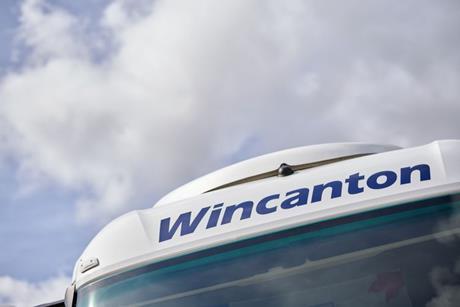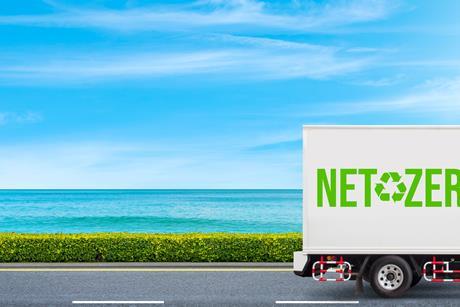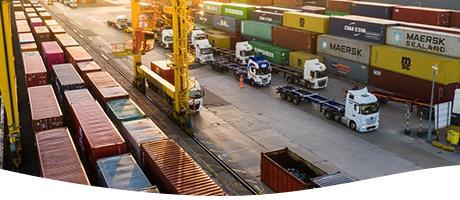Electric vehicle news
Mack Trucks expands electric vehicle dealer network across North America
Mack Trucks has announced the addition of 12 new Certified Electric Vehicle (EV) dealer locations, bringing its total to 65 EV-certified sites across North America. The expansion now covers 29 states and four Canadian provinces, representing a 23% increase since May 2024.
Kempower begins pilot deliveries of megawatt charging system
Kempower has commenced pilot deliveries of its Megawatt Charging System (MCS) from its European manufacturing facilities. The company, which specialises in electric vehicle fast-charging solutions, is expanding its offerings for commercial fleet charging infrastructure.
BMW Group France and Ceva Logistics launch electric vehicle distribution pilot
Ceva Logistics has begun delivering BMW and Mini vehicles in the Paris region using an all-electric car carrier.
Wincanton shares decarbonisation progress and plan for 24 heavy eHGVs on the road by 2026
Wincanton, one of the UK’s leading logistics providers, is accelerating its journey towards decarbonisation, reporting early successes in an electric vehicle (EV) trial with IKEA and preparing to roll out 24 electric heavy trucks by 2026. Speaking at the Logistics UK Decarbonisation Conference, Sean Clifton, Fleet Director at Wincanton, framed ...
Welch’s Transport supports British Antarctic Survey’s net zero goals with emission free deliveries
Cambridgeshire haulier Welch’s has bolstered the British Antarctic Survey’s (BAS) environmental research efforts by introducing an electric HGV to support polar expedition logistics.
MAN unveils new facility to produce 50,000 EV batteries annually from 2025
MAN Truck & Bus has celebrated the topping-out ceremony for its new battery production facility in Nuremberg, marking a significant step in the company’s electromobility strategy.








